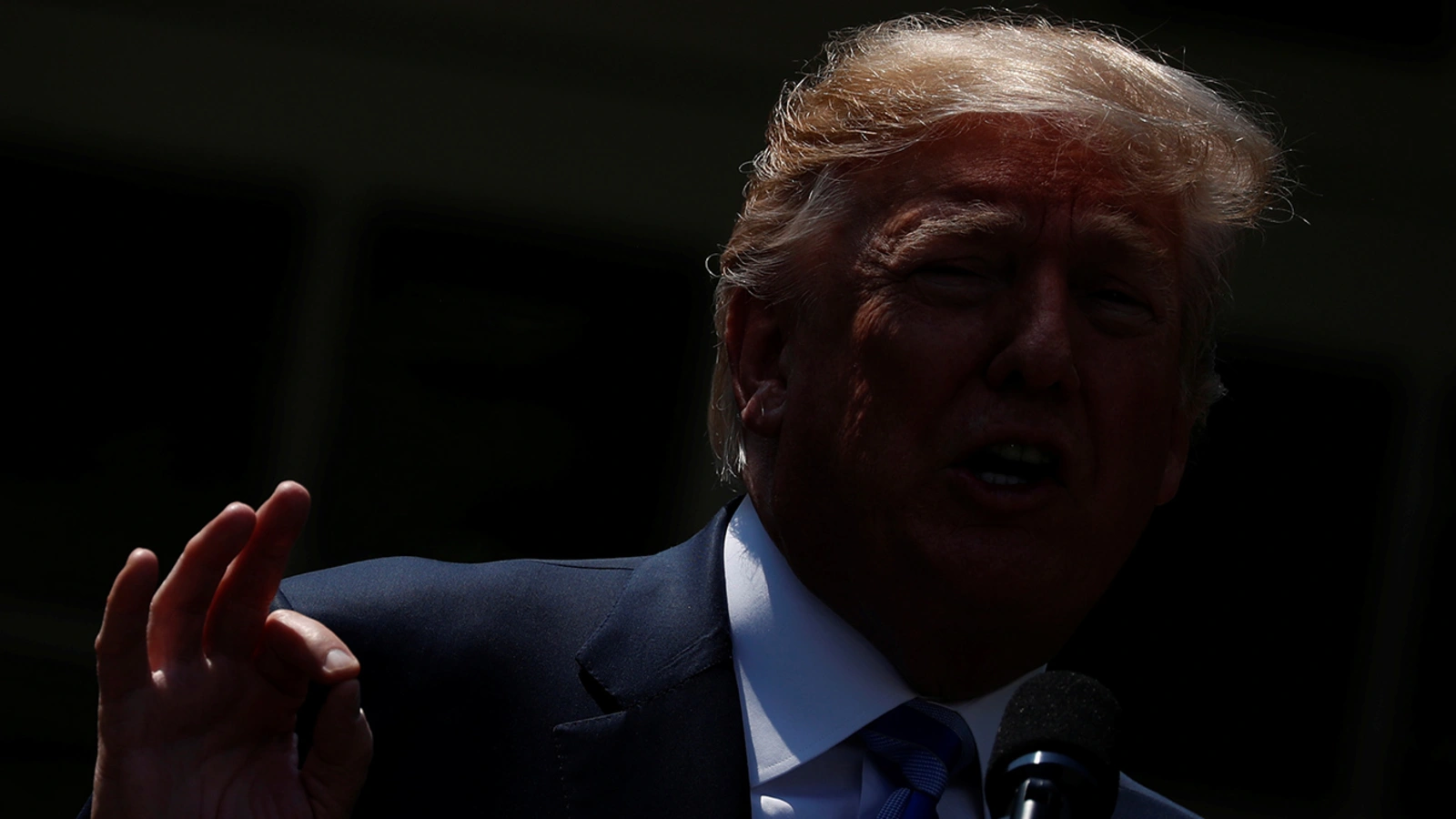The Trump Era Can't End Soon Enough

President Trump has abandoned previous U.S. administrations' respect for the rules-based order.
Originally published at Washington Post
June 4, 2018 12:00 pm (EST)

- Article
- Current political and economic issues succinctly explained.
Four years ago, in the wake of Russian President Vladimir Putin’s annexation of Crimea, the world’s rich democracies expelled Russia from their annual gatherings: The Group of 8 became the Group of 7. This week, as the G-7 heads of state prepare to meet in Quebec on Friday, there have been ominous echoes. All six non-U.S. members have issued a formal statement of “unanimous concern and disappointment” at President Trump’s trade policy. “It will not be a G-7, it will be a G-6 plus one,” Bruno Le Maire, the French finance minister, declared.
The U.S. accounts for almost a quarter of global GDP and more than half that of the G-7: It is too big to be booted from the club. But, less than 18 months into Trump’s tenure, the price of his diplomatic incompetence is increasingly evident. Facing a belligerent Russia, an increasingly authoritarian and assertive China, a dicey North Korean summit and a blank space where there used to be an Iran nuclear deal, Trump has hit upon a truly absurd policy: alienate the few potential friends you have.
More on:
Why does he do this? The reasons can be grouped under three headings: narcissism, ignorance of international relations and ignorance of economics.
A big driver of Trump’s behavior is the desire to command the spotlight. He is wedded not so much to any policy as to being the loud guy at the dance. The trade war with China, the North Korea nuclear talks, the North American Free Trade Agreement renegotiation: All these have been on, off and then abruptly on again — whatever has suited the president’s overriding craving for the next Trump-centric headline.
Similarly, Trump has no clear policy objection to the Iran nuclear deal other than that it wasn’t his deal. Does the loud guy believe that ZTE, the Chinese telecom equipment maker, should be sanctioned? Trick question! Trump has imposed sanctions, then doubted them. The only thread of consistency is that he wants the world to know he can destroy companies on a whim.
Trump’s defenders argue that his head fakes are part of his cunning. By keeping the adversary off guard, according to this interpretation, Trump gains the upper hand. But this defense fails to acknowledge that, in international relations, the art of the deal must be combined with the art of maintaining the deal. In a U.S. business negotiation, if you sign a great deal, you can enforce it in court.
In diplomacy, however, there is generally no robust court you can appeal to. The deal will stick only if the other guy believes that you will stick to it. Having seen Trump trash the Iran nuclear pact, why should the North Koreans believe that a similar deal will bind U.S. behavior? And if it doesn’t, why should the North Koreans agree to be bound?
More on:
Trump’s cluelessness about international relations extends to a further point. A lot of diplomacy is not about sharing private goods. It is about creating public goods: security, environmental protection and so on. In a U.S. business negotiation, if a buyer gets a good price, the seller may be getting a bad price — and the seller ought to turn around and quickly sell elsewhere.
But when it comes to, say, climate change, “losing” because you feel that a deal burdens your country more than it burdens others has to be compared with really losing because your cities are flooded. Global public goods can only be generated through global cooperation. Getting some sort of deal is nearly always better than getting no deal. The perfect must not be the enemy of the good.
Finally, there is Trump’s economic ignorance. On Saturday, Trump tweeted, “When you’re almost 800 Billion Dollars a year down on Trade, you can’t lose a Trade War!” The experience of the 1930s, when tit-for-tat tariff hikes pulled the world into the Depression, appears to have been lost on him. Trump then added: “The U.S. has been ripped off by other countries for years on Trade, time to get smart!” But the trade deficit to which he refers is not a sign of foreign cheating. So long as Americans spend more than they produce, the difference will have to be made up by imports. In an irony evidently lost on the president, the U.S. tendency to overconsume is being exacerbated by his own tax cuts.
Since World War II, the United States has orchestrated the creation of a rules-based international order. It is an imperfect and fragile construction: In the realm of international relations, there is no Hobbesian Leviathan to save us from the state of nature. But every U.S. administration until now has understood that an attempt to create rules is preferable to an absence of rules; even when the United States failed to live by this principle, it at least paid lip service to it.
The president has created a new standard. Instead of rules, he offers his infernal Twitter feed. Instead of patient pursuit of public goods, he brings the zero-sum hustle of the real estate business. The Trump era cannot end soon enough.
 Online Store
Online Store